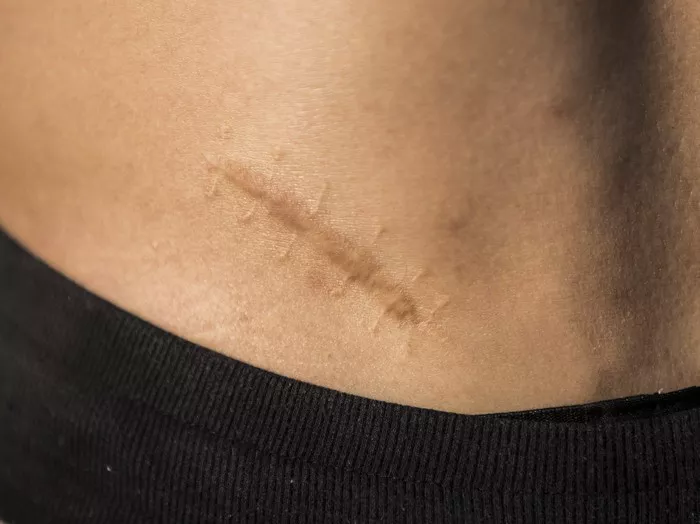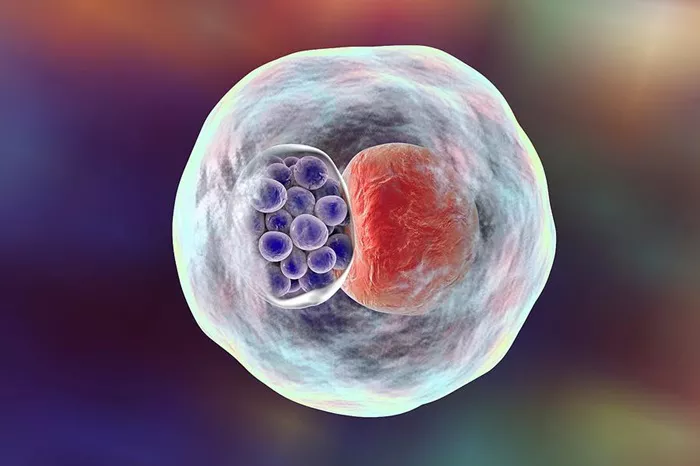Post-surgical scars are a common concern for many patients. The appearance of these scars can impact one’s self-esteem and quality of life. Fortunately, there are various creams available that can help minimize the appearance of scars, improve skin texture, and aid in the healing process. This article will explore the best creams for scars after surgery, considering their ingredients, effectiveness, and user reviews.
Understanding Scar Formation
Types of Surgical Scars
Surgical scars can vary significantly based on the procedure and individual healing responses. Common types include:
Hypertrophic Scars: Raised, red scars that stay within the boundaries of the original wound.
Keloid Scars: Thick, raised scars that extend beyond the original wound site.
Atrophic Scars: Depressed scars that result from a loss of underlying tissue.
Contracture Scars: Often caused by burns, these scars tighten the skin and can affect muscles and nerves.
The Healing Process
The healing process after surgery can be divided into three phases:
Inflammatory Phase: This initial phase lasts for a few days post-surgery. The body responds to the injury with swelling, redness, and heat as it works to stop bleeding and prevent infection.
Proliferative Phase: This phase lasts from about a week to a month after surgery. New tissue and blood vessels form, and the wound begins to close.
Maturation Phase: This final phase can last from months to years. The new tissue strengthens and remodels, but it can be during this time that scars become more pronounced.
Key Ingredients in Scar Creams
Silicone
Silicone is one of the most studied and effective ingredients in scar treatment. It works by creating a protective barrier over the scar, which helps to keep it hydrated and reduces the risk of excessive collagen production. Silicone sheets and gels are widely recommended by dermatologists.
Onion Extract
Onion extract, found in products like Mederma, has anti-inflammatory and antibacterial properties. It can help to soften and improve the texture of scars over time.
Vitamin E
Vitamin E is an antioxidant that is believed to help with skin repair and regeneration. While some studies support its use in scar treatment, others suggest that its effectiveness may be limited.
Hydroquinone
Hydroquinone is a skin-lightening agent that can be used to reduce hyperpigmentation associated with scars. It is particularly useful for dark or discolored scars.
Natural Oils
Oils like rosehip seed oil, almond oil, and coconut oil are rich in essential fatty acids and vitamins that nourish the skin and promote healing. These oils can be effective in reducing the appearance of scars and improving skin texture.
Allantoin
Allantoin is a compound that helps to soothe and protect the skin. It promotes cell proliferation and encourages the growth of healthy tissue, making it a valuable ingredient in scar creams.
Top-Rated Scar Creams
1. Bio-Oil Skincare Oil
Bio-Oil is a popular choice for scar treatment due to its blend of plant oils and vitamins. It is known for improving the appearance of both new and old scars.
Ingredients: PurCellin Oil, Vitamin A, Vitamin E, Calendula Oil, Lavender Oil, Rosemary Oil, Chamomile Oil.
Benefits: Reduces the appearance of scars and stretch marks, improves skin texture and tone.
User Reviews: Many users report noticeable improvement in scar appearance and skin smoothness with regular use.
2. Mederma Advanced Scar Gel
Mederma is a well-known brand in scar treatment, with a formulation that includes onion extract.
Ingredients: Cepalin (onion bulb extract), Allantoin.
Benefits: Reduces the appearance of old and new scars, smooths and softens skin.
User Reviews: Users generally praise Mederma for its effectiveness in lightening scars, though some report a need for prolonged use to see significant results.
3. ScarAway Silicone Scar Gel
ScarAway utilizes medical-grade silicone to improve scar appearance.
Ingredients: Silicone gel.
Benefits: Flattens, softens, and reduces redness of scars, effective for raised and discolored scars.
User Reviews: Highly recommended by users for its ease of application and noticeable improvement in scar texture and color.
See Also: What Vitamins Can I Take with Folic Acid?
4. Cica-Care Silicone Gel Sheet
Cica-Care offers a silicone gel sheet that is reusable and highly effective for raised scars.
Ingredients: Silicone.
Benefits: Provides consistent pressure and hydration to scars, reducing size and improving texture.
User Reviews: Praised for its convenience and significant results in flattening and softening scars.
5. Kelo-Cote Advanced Formula Scar Gel
Kelo-Cote is another silicone-based product, known for its ease of use and effectiveness.
Ingredients: Silicone gel.
Benefits: Forms a protective barrier over scars, reducing itching, discomfort, and visibility.
User Reviews: Users appreciate its quick drying formula and the reduction in scar visibility over time.
How to Choose the Right Scar Cream
Consider Your Skin Type
Different skin types may respond better to certain ingredients. For example, oily skin might benefit more from a lightweight gel, while dry skin could need a more hydrating cream or oil.
Type of Scar
Consider the type of scar you are treating. Raised scars often respond well to silicone-based products, while atrophic scars might benefit from ingredients that promote collagen production.
Allergies and Sensitivities
Always check the ingredient list for potential allergens or irritants, especially if you have sensitive skin. Natural products might be a better choice for those with allergies to synthetic ingredients.
Ease of Use
Consider how easy the product is to apply. Gels and sheets might be more convenient for busy lifestyles, while oils and creams might require more time and effort to apply.
Professional Treatments to Complement Scar Creams
Laser Therapy
Laser therapy can help reduce the appearance of scars by removing the outer layers of skin and stimulating collagen production. It is often used in conjunction with topical treatments for better results.
Microneedling
Microneedling involves using fine needles to create tiny punctures in the skin, promoting collagen production and improving the texture of scars. This treatment can enhance the effectiveness of scar creams.
Chemical Peels
Chemical peels use acids to remove the top layers of skin, encouraging new skin growth. They can help improve the appearance of shallow scars and enhance the absorption of topical treatments.
Steroid Injections
For raised scars, steroid injections can help reduce inflammation and flatten the scar. These are often used in combination with silicone-based treatments.
Conclusion
Choosing the best cream for scars after surgery depends on various factors including the type of scar, your skin type, and personal preferences. Silicone-based products like ScarAway and Kelo-Cote are highly effective for raised scars, while products like Bio-Oil and Mederma offer benefits for a variety of scar types. Consistent application, patience, and protecting your scars from the sun are crucial for achieving the best results. Additionally, professional treatments can complement the use of scar creams, providing more comprehensive scar management.
Ultimately, the journey to reducing surgical scars is individual, and what works best can vary from person to person. By understanding the ingredients and options available, you can make an informed decision and find the most suitable treatment for your needs.
[inline_related_posts title=”You Might Be Interested In” title_align=”left” style=”list” number=”6″ align=”none” ids=”10237,10181,10093″ by=”categories” orderby=”rand” order=”DESC” hide_thumb=”no” thumb_right=”no” views=”no” date=”yes” grid_columns=”2″ post_type=”” tax=””]



































